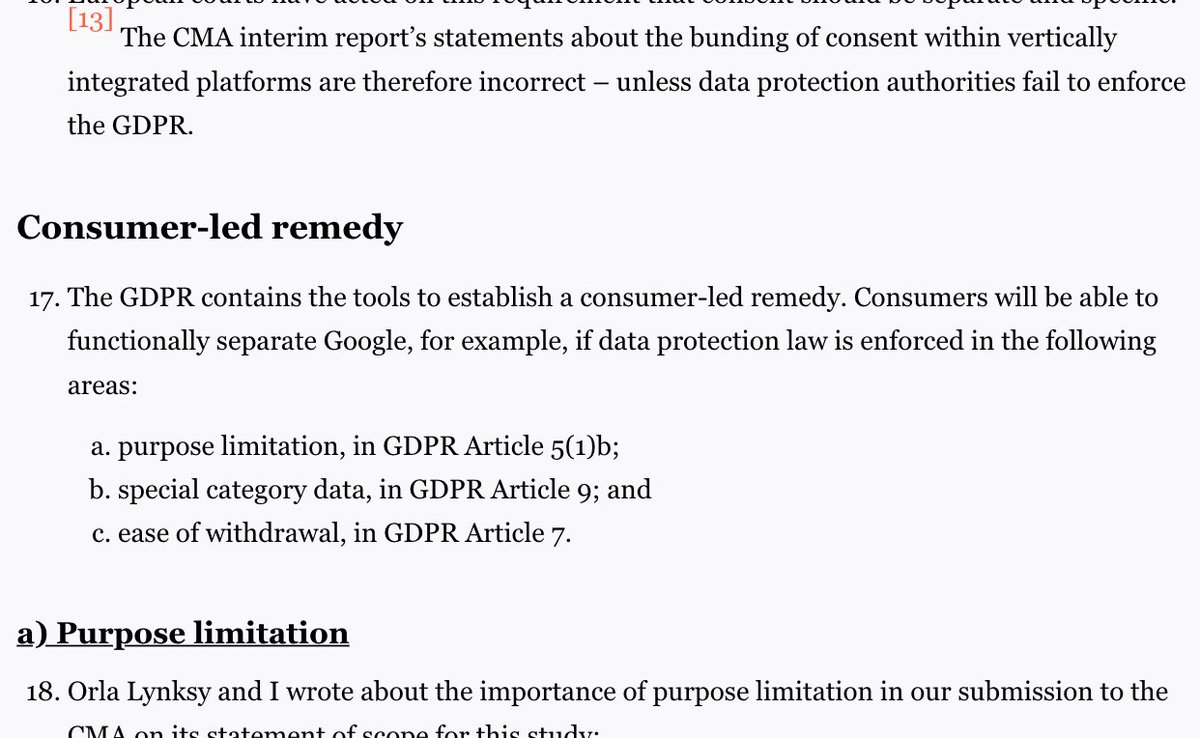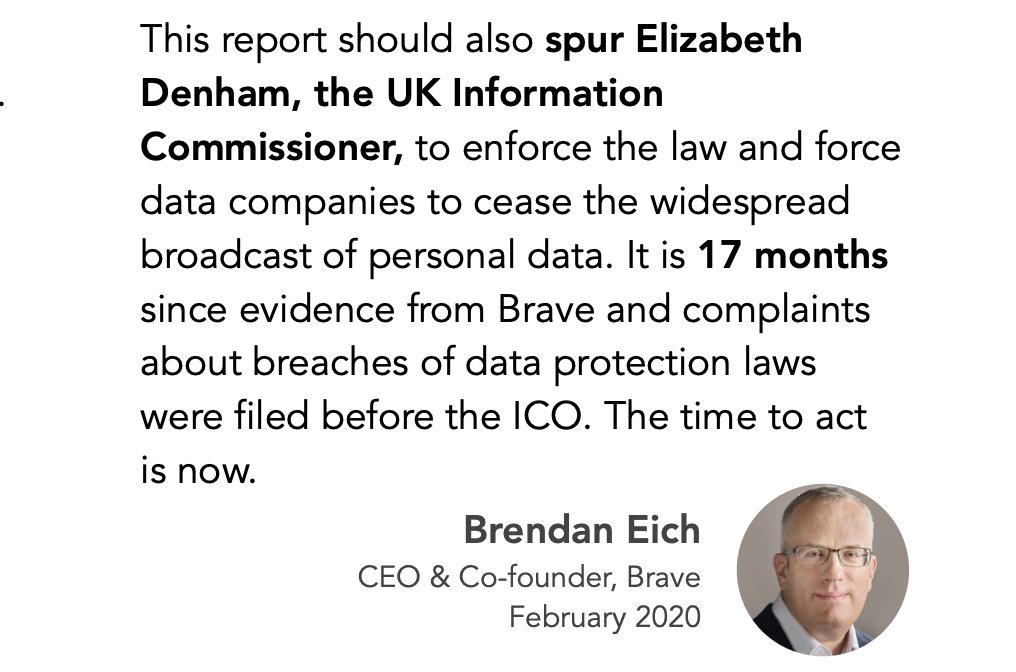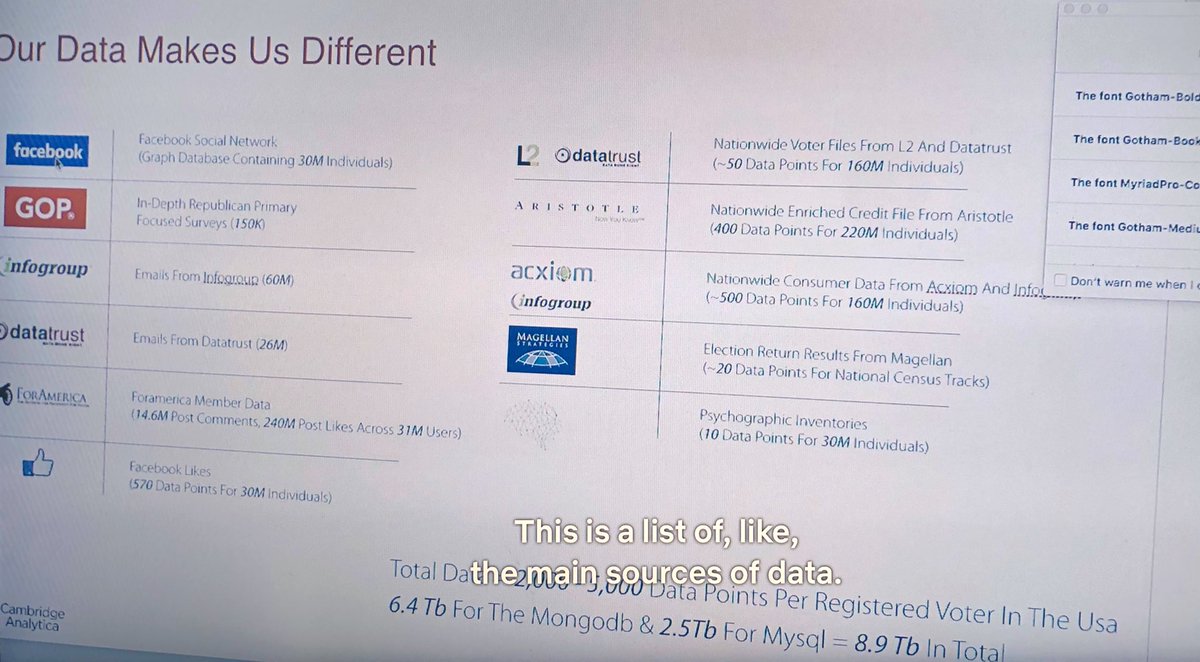
Google has announced a big change to its advertising system. That big change raises 4 big questions. iccl.ie/digital-data/4…
It relies on privacy safeguards such as “trusted servers”, isolating data on the person’s device, and targeting groups of people rather than individuals. However, these safeguards are vaguely described. iccl.ie/digital-data/4…
Google said that it would not use unique identifiers in its own ad products. Even so, competition and self-preferencing questions arise. Google will be exposed to competition complaints and litigation if it leaves any room for doubt on any of these three points.
Big Question 3: Google’s plan will create a new market for a new thing, called "interest groups".
This is potentially valuable for legitimate publishers.
But the devil may be in the detail.
This is potentially valuable for legitimate publishers.
But the devil may be in the detail.
Big Question 4: It will still be possible to discriminate (against minorities, for example) by using targeting on people’s devices.
Despite saying that it will launch this new system in the next few months, Google has published very little detail about it. It is not possible to know whether Google’s new approach will protect privacy, or whether it will advantage Google.
Data protection and competition supervisory authorities must obtain answers from Google. It is essential that it conduct thorough data protection impact assessments, and that the @DPCireland examine this in detail.
• • •
Missing some Tweet in this thread? You can try to
force a refresh






